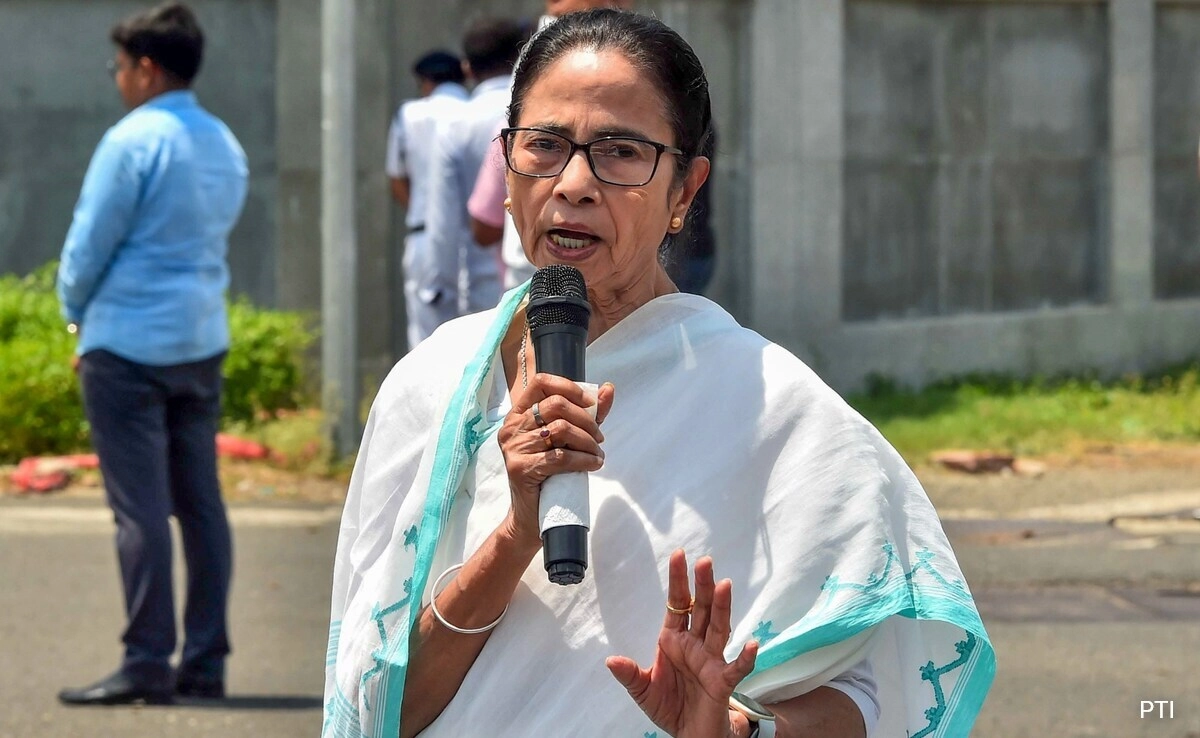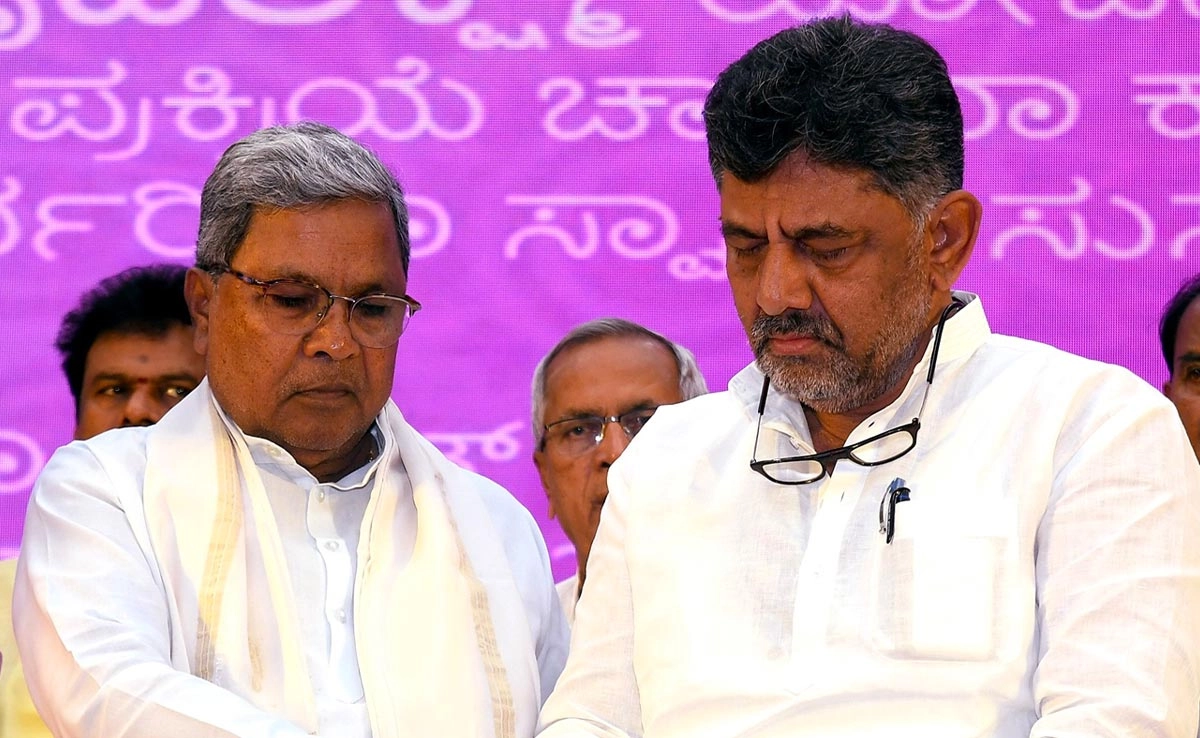The political landscape in India has recently been marked by a significant clash between West Bengal Chief Minister Mamata Banerjee and the Bharatiya Janata Party (BJP) over the issue of naming Members of Parliament (MPs) in the context of global outreach. This dispute underscores broader tensions between regional leadership and national governance, highlighting the differences in approaches to international diplomacy and representation. Banerjee’s critique of the BJP’s naming of MPs reflects her concerns about the party’s governance style and its impact on the state of West Bengal.
Mamata Banerjee has been vocal about her perception that the BJP’s choice of MPs for international representation does not necessarily reflect the best interests of the people of West Bengal. She argues that these selections are politically motivated rather than based on merit or the ability to effectively engage with global audiences. In her view, the BJP’s actions are indicative of a larger trend where central authorities prioritize political loyalty over actual competence, thereby undermining the potential for meaningful dialogue and cooperation on international platforms. By framing the issue as one of choice, she emphasizes that these appointments should consider the diverse voices and needs of all constituents, rather than merely serving the BJP’s political agenda.
This conflict also highlights a broader narrative in Indian politics, where regional parties often find themselves at odds with the central government. Banerjee’s stance is emblematic of a growing sentiment among regional leaders who feel marginalized in the national discourse. Her criticisms point to a desire for greater representation and a more inclusive approach to governance. As she continues to advocate for the interests of her state, this ongoing rivalry with the BJP may shape the future of political alliances and strategies in India, especially as regional parties seek to assert their relevance in the face of a dominant national party.
Ultimately, the dispute over the naming of MPs for global outreach serves as a microcosm of the larger power dynamics at play within Indian politics. It raises important questions about representation, governance, and the responsibilities of political leaders in a diverse and multifaceted democracy. As the political landscape continues to evolve, the outcomes of such conflicts will likely have lasting implications for both national and regional politics in India.




